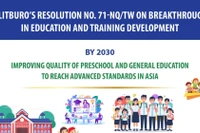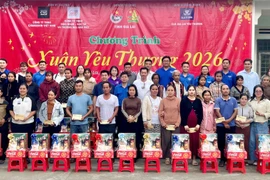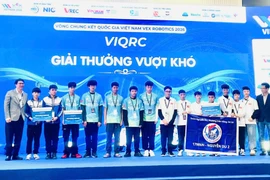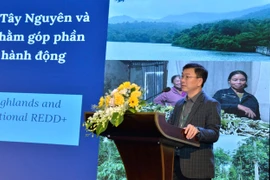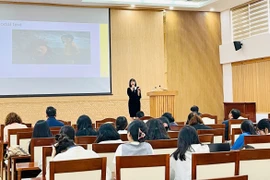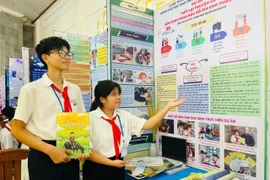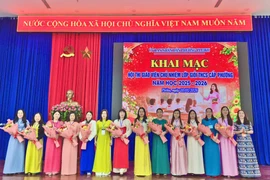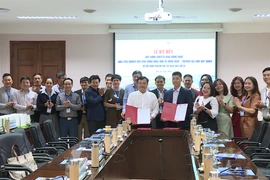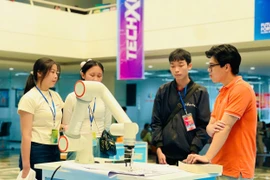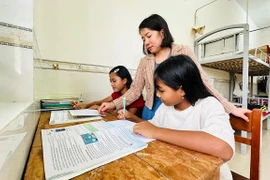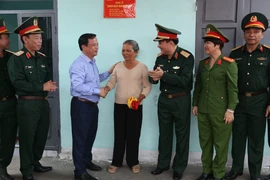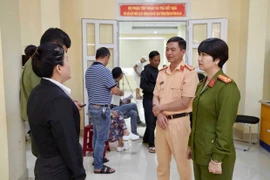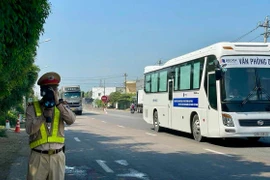According to the Department of Education and Training (DOET), the sector will focus on implementing universal preschool education for children aged 3-5, following the National Assembly’s resolution. The initiative aims to guarantee early access to quality education for every child while maintaining a safe, friendly, and inclusive learning environment.
In the 2024-2025 school year, preschool education achieved significant outcomes. The enrollment rate for five-year-old children reached 100%, with 93% attending two sessions per day. Over 80% of children received semi-boarding meals at school, leading to better physical health and nutrition. Rates of underweight and stunted children dropped to 1.72% and 2.25%, respectively.
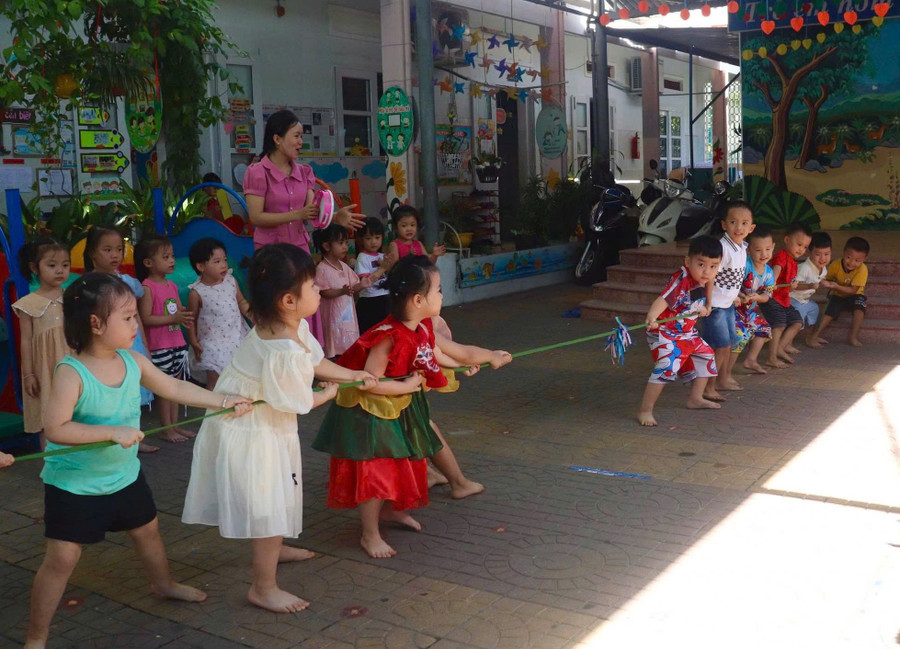
The province now operates 472 public preschools and more than 500 independent private facilities, meeting childcare needs across communities. Its workforce includes over 12,300 staff, teachers, and employees, 67% of whom hold university degrees, forming a strong base for innovation in early education.
All preschools have adopted the “Child-centered kindergarten” model and partnered with international organizations such as UNICEF and VVOB to promote creative and experiential learning.
Deputy Director of the DOET, Mr. Tran Ba Cong, stated: “The achievements are commendable, but more importantly, we must continue to place the needs and happiness of children at the center. Schools must truly become a second home where parents can confidently entrust their children.”
At the school-year launch conference, Ms. Luong Thi Xuan Tam, Head of the Preschool and Primary Education Division, highlighted that universal preschool education for ages 3-5 is a “major advancement” requiring mobilization of all resources. “The core remains improving the quality of care and education, ensuring children’s comprehensive development in a friendly and safe environment,” she said.
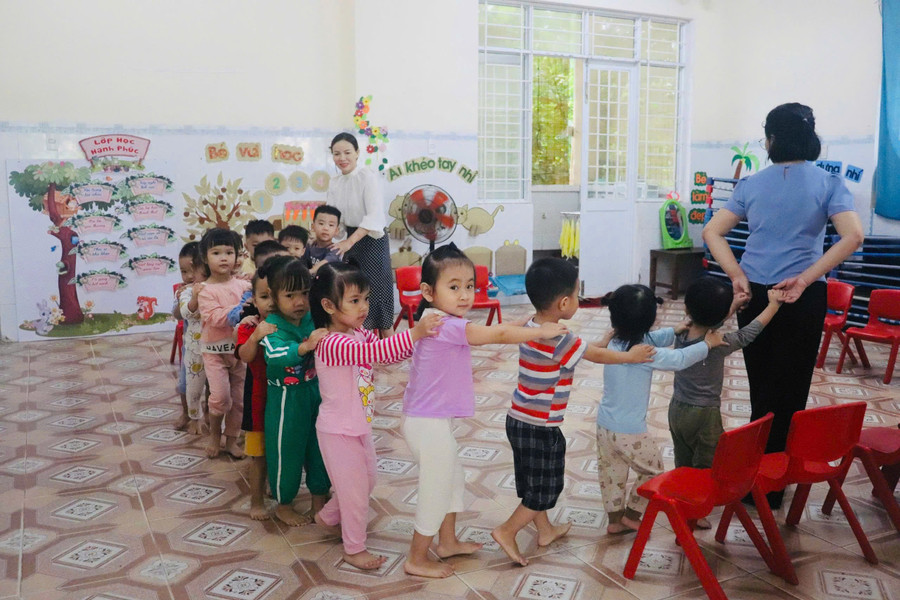
By the end of 2025, the province targets 95% of teachers to have at least a college degree and 96.5% to meet or exceed the “good” professional standard. Digital transformation continues to advance through electronic learning resources, management software, and the integration of STEM/STEAM education in experiential activities. By 2026, over 62% of preschools are expected to meet national standards.
The child-centered philosophy now guides every classroom. Education experts recommend expanding enrollment, reorganizing the school network, and improving facilities in ethnic minority areas, alongside encouraging social participation to ease pressure on public schools.
Ms. Nguyen Thi Huyen, Vice Principal of Hoa Mi Kindergarten, emphasized building parents’ trust in ethnic minority regions: “We not only care for their meals and sleep but also create a friendly environment that helps children become confident and excited about learning.”
Many schools are implementing the “Safe, child-centered school” model, promoting environments where children can freely express themselves, make choices, and learn through experience. Teachers act as facilitators, guiding children to develop creativity, independence, and cooperation skills.
Ms. Nguyen Thi Trang, Principal of Phu My Kindergarten, affirmed: “The most important aspect of preschool education is improving the quality of every nurturing, care, and educational activity for children. When children are happy and parents are reassured, that is the true measure of a school’s success.”
With clear direction and broad social support, the 2025-2026 academic year is expected to mark a milestone in the province’s preschool education, ensuring that every initiative serves one purpose, children’s happiness and holistic growth.

